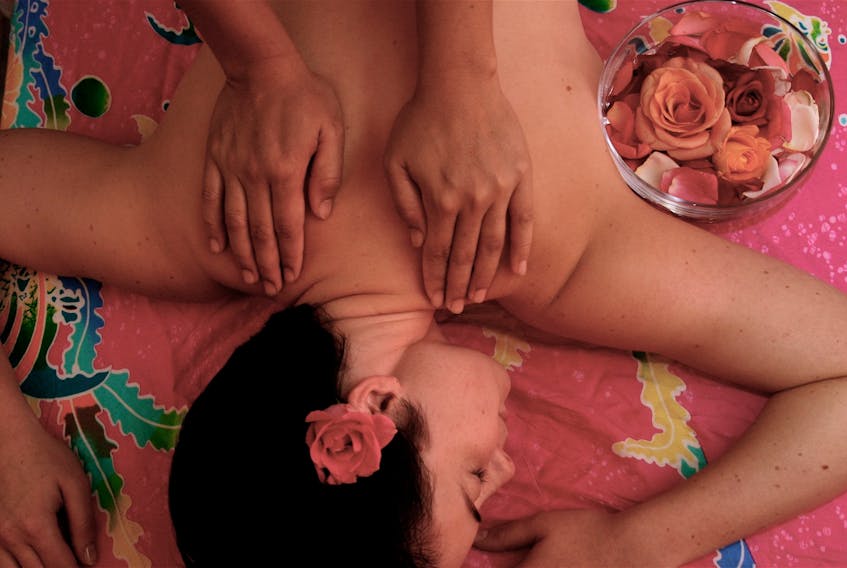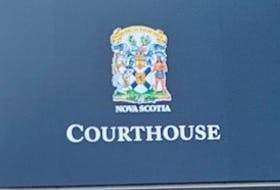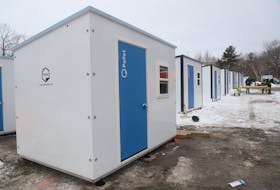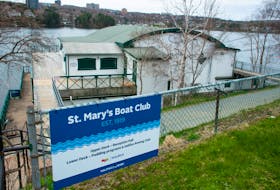Nova Scotia has taken the first step toward regulating the massage therapy profession.
Under the proposed Massage Therapist Titles Protection Act, anyone who wants to use the titles massage therapist, registered massage therapist or variations of the terms must meet certain education standards. They also must have liability insurance, membership in good standing in a recognized professional association and provide information on criminal charges or convictions, the Health Department said in a news release Friday.
The president of the Massage Therapists' Association of Nova Scotia said the legislation is an important step to protect the public and support the standards of massage therapy.
“We were happy to work with government to achieve this and look forward to continuing discussions to achieve full self-regulation,” Amy-Lynne Graves in the news release.
The president of the Massage Therapists’ and Wholistic Practitioners’ Association of the Maritimes also welcomed the move.
"Massage therapists take great pride in the level of training we have received and appreciate that this government has recognized our professional qualifications and 2,200-hour standard as worthy of title protection,” Alicia Stacey said in the release.
She was referring to the association's requirement that the massage therapist complete a minimum 2,200-hour curriculum from a recognized school of massage therapy. Their studies must include anatomy, physiology, pathology, massage and assessment techniques, treatments and clinical experience.
“This legislation appropriately protects the public from unqualified practitioners using the title of Registered Massage Therapist, while allowing therapists to continue with the association of their choice," Stacey said. "We look forward to continuing our relationship with the Department of Health and Wellness as we support our members and the people they serve."
Those two groups along with the Natural Health Practitioners of Canada represent about 1,500 massage therapists in Nova Scotia.
Other facts:
- in Nova Scotia massage therapists work in private practices and their services are not covered by MSI
- five provinces regulate the profession
- massage therapy is the manual manipulation of the soft tissues of the body to achieve a therapeutic response, such as enhancing the function of muscles and joints, improving the circulation of the blood and lymph, and relieving pain and stress









